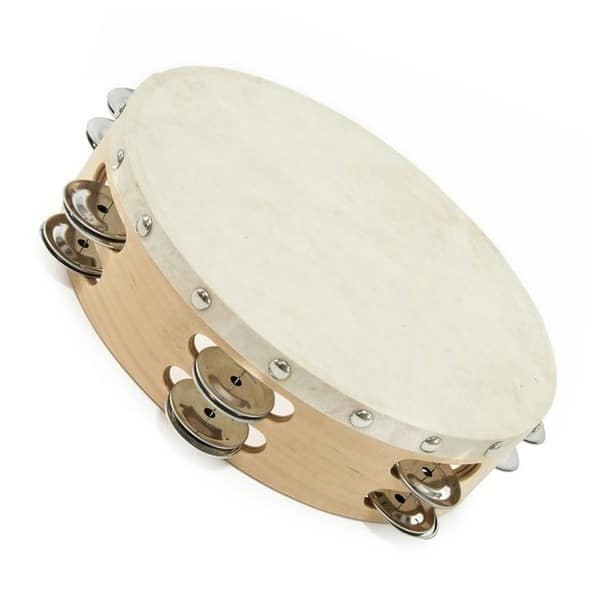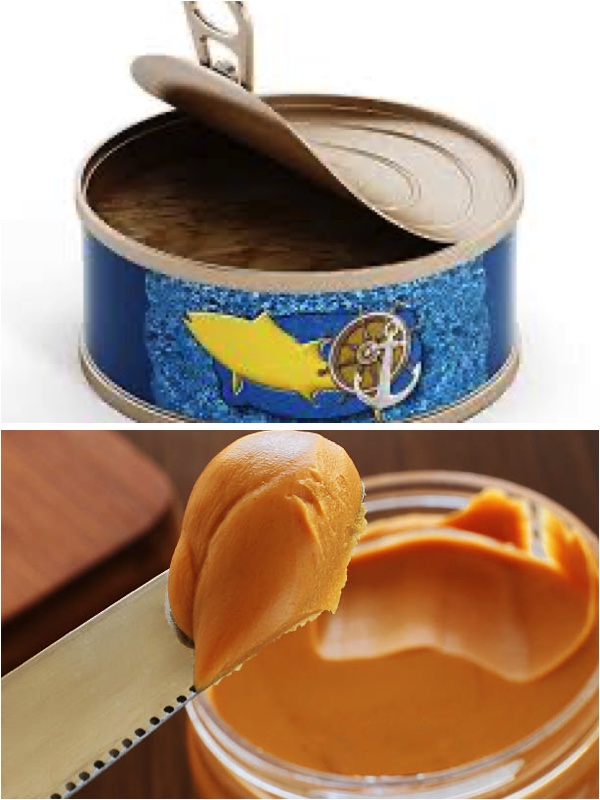Charlie asks me, “What’s a tambourine.”
“A tambourine?” I say. “It’s one of those jangly thingys.” I slap my thigh to imitate the playing of a tambourine.
Charlie looks confused.
“You know,” I say. “You had one when you were little. We might still have it. That jangly thing.” I bang on my thigh more emphatically.
“Mom!” Charlie asks, turning his attention to Elysha. “What’s a tambourine?”
“It’s a percussion instrument,” Elysha says. “Sometimes with a drum on top and bells around the side. You play it my shaking it or tapping it against your hand or leg.”
“Oh,” Charlie says, suddenly understanding. Then he turns to me. “You know, Dad, you tried to teach me to tie my shoes a million times and failed, then Mom taught me once and succeeded. And now this tambourine thing? You’re really not a good teacher.”
I wanted to tell Charlie that I’m left-handed, so teaching a right-handed person to tie his shoes wasn’t easy. Probably just as challenging as it was for me to learn to tie my shoes in kindergarten from right-handed Mrs. Carroll.
I also wanted to tell him that I played the drums for eight years, both in the marching band and orchestra. I’ve even played the tambourine at various times in my life. As a result, I suffer from “The Curse of Knowledge” when in comes to percussion instruments:
The more you know something, the harder it is to understand not knowing it, thus making it harder to explain.
I wanted to tell him that I was once named Teacher of the Year in a district of nearly 1,000 teachers. One of three finalist for Connecticut’s Teacher of the Year. I wanted to tell him that I’ve been teaching for nearly a quarter century. I wanted to remind him that in addition to teaching elementary school for all these years, I’ve also spent a considerable amount of time teaching high school students, college students, adults, and even teachers.
I know how to teach.
I wanted to explain all of this to Charlie, but I don’t say any of it – not because these arguments aren’t valid or because he wouldn’t understand them – but because the purpose of his statement was to wound me. Stab me in the heart.
In that, he succeeded.
He succeeded because I am a good teacher who has taught him well. Sometimes too well.









